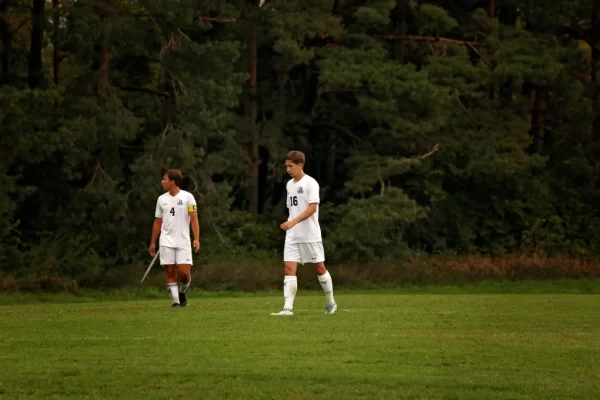Extinguishing the Norm: Domestic Violence in Developing Countries

December 3, 2017
*Disclaimer: I am not trying to denounce/insult any culture as a whole, simply a single aspect of it.*
It starts out as a small bruise you notice on your acquaintance’s arm. Then, it’s a black eye on the coworker who’s always trying to outdo you in the office. The next thing you know, one of your closest friends comes in with a fractured wrist.
Domestic violence. We’ve all heard about it, and it hits closer to home more so for some than for others. I remember presentations in elementary school at which we were taught about “positive touches” and “negative touches.” I always thought, “This is unfortunate, but I’m sure not that many people are cruel enough for the problem to be very common.” This was a mere bruise I noticed on society, inherently tragic but otherwise meaningless.
I moved into the upper school, and was recently involved with the schoolwide program in partnership with the OneLove Foundation. As a leader for the discussion, I was required to preview a 40-minute film showing the escalation of a college relationship, from the roots to the horrible death of the female protagonist. As the credits rolled, I sat in shock, processing what I had just seen. The truth hit me like a punch to the eye as it crept closer to home.
Domestic violence is all around us, its clues subtle and quiet as it works its evil powers. Just recently, I was shocked to hear an acquaintance of my family had her husband thrown in jail for violent acts against her. It had never hit so close to home before. Fortunately, foundations such as OneLove are abundant in the United States, working hard to educate people of all ages and to slowly reverse the ideals of a culture long borne.
So, naturally, I was whirled up in the midst of school, and the whole situation slipped my mind. The night before community service day, my parents suggested we go see a Bollywood film at Crossgates Mall. As corny as the title sounded (“Secret Superstar”), I agreed. Throughout the movie, I can honestly say my tears did not stop flowing. The father in the film repeatedly whipped and beat his wife. Bruises, wounds, broken bones – all were resultants of his terrorizing reign. The realism of it all left me feeling fractured.
As we walked out of the theater, my parents seemed annoyingly unfazed. I haughtily asked them, “How can you be so calm? How are you not boiling over in anger at that disgusting man’s actions?” I was met by a reply that has haunted me since: a list of people we know who live in India, all victims of domestic violence like that portrayed in the movie. How can this possibly be the norm there? And then I remembered the American bubble we live in. All countries have issues, but in developing countries like India, safety and security never seem to take priority (Developing countries are defined as “seeking to become more advanced economically and socially.”) Just as it is in America, domestic violence is still experienced and tolerated by many people of both sexes in India. The simple difference between people’s situations lies in the amount of awareness and action taken against the issue. Clearly, in this day and age, ideals such as feminism and humanitarianism are at their zenith, helping bring protection to individuals who need it. It is high time for personal safety and respect to become a global priority. Children need to be taught from a young age that a woman is not an object that obediently cooks and cleans to avoid being beaten. They need to be taught that males aren’t emotionless, steely beings, and don’t ever deserve to be physically harmed.
In 2005, the Protection of Women against Domestic Violence Act was passed, a powerful step in the right direction. But as with any problem, prevention is key. Victims should be taught not to simply grin and bear it. Abuse (as well as patriarchy) is an outdated culture, and people from a country with such obsolete customs can testify to that. On an article in the Times of India, one reader comments: “For your information, domestic violence is perfectly legal in India. Even the current government said so. They said they will not make marital rape a crime because it is against the culture of India.” Domestic violence may have been a cultural norm in the past, but it is an abundantly dangerous one that must be extinguished.
So how can one get involved with the fight against domestic violence? Educating oneself is one of the most important actions one can take. Take it step by step. Never judge anyone because, as shown in the OneLove film “Escalation,” the signs of abuse are usually subtle, and you never know who could be dealing with it. Watch your own actions and keep an eye on your loved ones, checking in with them if you sense that something is wrong. Lastly, there are several organizations specialized in giving help to victims and raising awareness, OneLove only being one of them. Being involved in these is a small step toward bettering the lives of millions of people around the world. Hopefully, education like this can spread to developing nations, and eventually reverse the norm to increase safety for civilians.
Works Cited
“Domestic violence: How women can deal with it.” Times of India Blog, 24 Mar. 2017, blogs.timesofindia.indiatimes.com/arise-awake-and-stop-not/domestic-violence-how-women-can-deal-with-it/.

